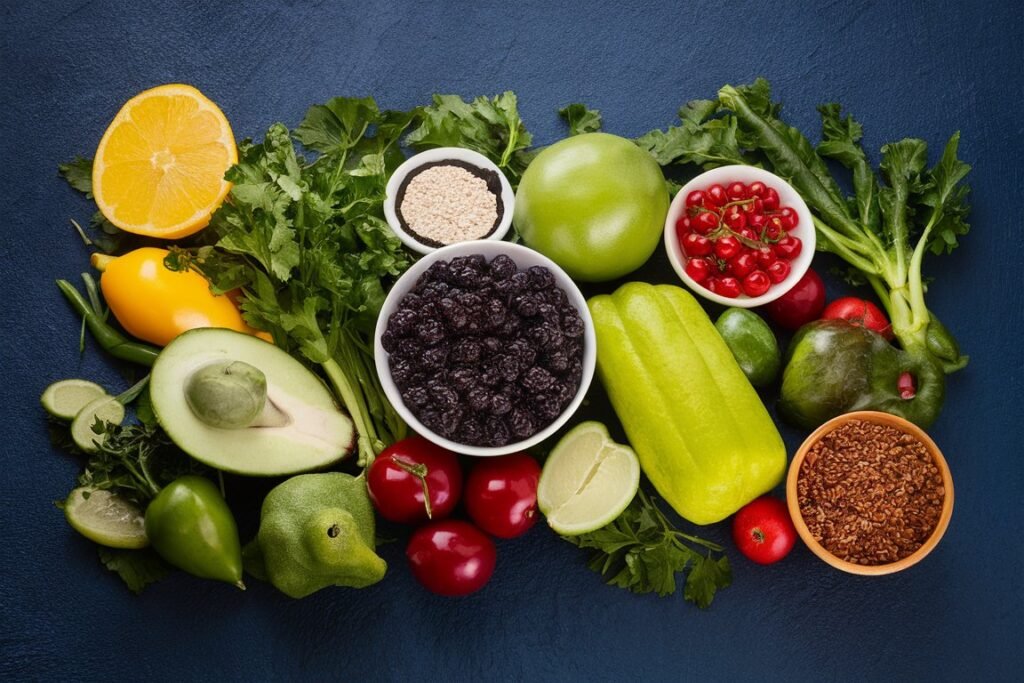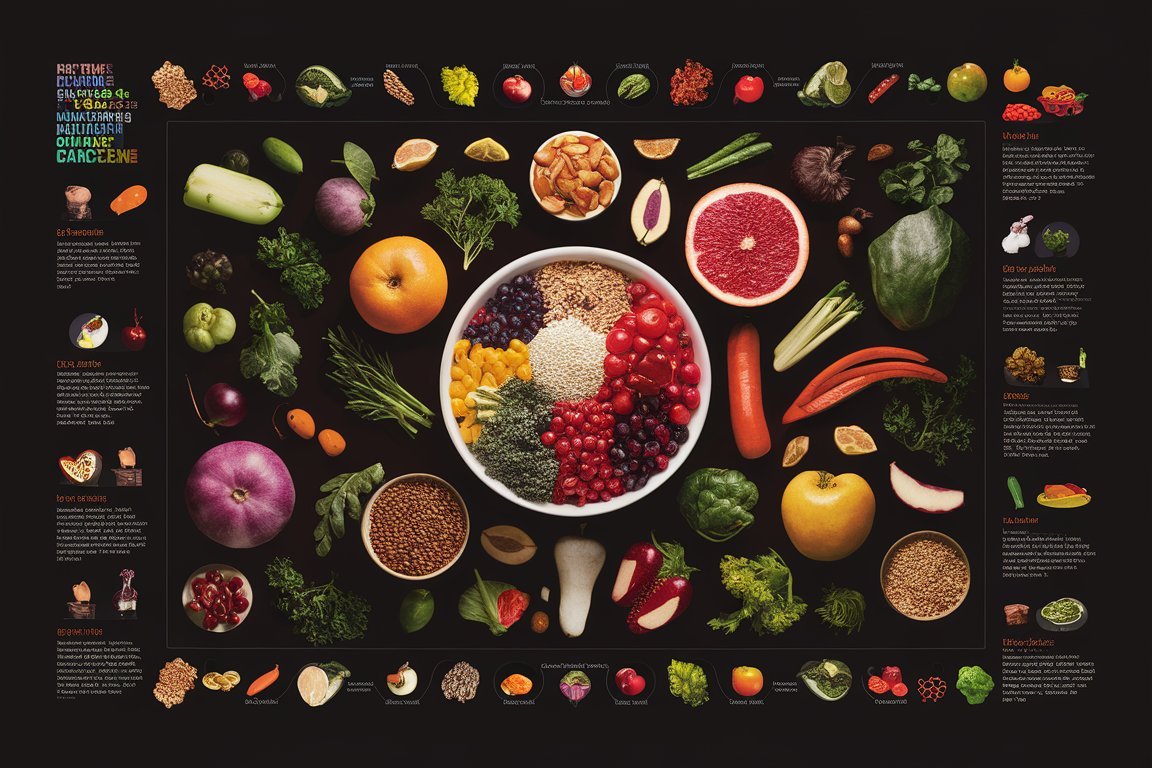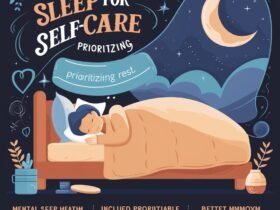The Raw Food Diet: Exploring the Benefits of Uncooked Foods
Hey there, my young and adventurous friends of 2024! It’s your favorite nutrition explorer, Nita Sharda, here to take you on an exciting journey into the world of raw foods. Now, I know what you might be thinking – “Raw foods? You mean like carrots and apples?” Well, yes, but there’s so much more to the raw food diet than just munching on veggies!
Today, we’re going to put on our explorer hats and discover the benefits of eating foods in their natural, uncooked state. But before we dive in, let me make one thing clear – this is not about putting anyone on a strict diet or making them feel bad about what they eat. It’s simply about empowering you with the knowledge and tools to make food choices that support your health and well-being, now and in the future.
So, are you ready to join me on this raw food adventure? Let’s go!
What is the Raw Food Diet?
First things first, let’s talk about what the raw food diet actually is. The raw food diet is a way of eating that focuses on consuming foods in their natural, uncooked state. This means eating lots of fresh fruits and vegetables, nuts and seeds, and sprouted grains and legumes.
The idea behind the raw food diet is that cooking foods can destroy some of their essential nutrients and enzymes, which are important for digestion and overall health. By eating foods raw, you’re preserving these nutrients and enzymes, which can help support your body’s natural healing processes.

Now, I know what you might be thinking – “But wait, doesn’t cooking make some foods safer to eat?” And you’re right! Cooking can help kill harmful bacteria and make some foods easier to digest. That’s why the raw food diet doesn’t mean eating everything raw – it’s about finding a balance and incorporating more raw foods into your diet in a safe and healthy way.
The Benefits of Raw Foods
So, what are the benefits of eating more raw foods? Here are just a few:
1. Increased Nutrient Intake
Raw fruits and vegetables are packed with vitamins, minerals, and antioxidants that are essential for good health. When you cook these foods, some of these nutrients can be lost, especially if you overcook them or use high heat.
By eating more raw foods, you’re preserving these nutrients and giving your body the building blocks it needs to function at its best. For example, did you know that raw broccoli contains more vitamin C than cooked broccoli? Or that raw spinach has more vitamin K than cooked spinach? These are just a few examples of how eating foods raw can help you get more of the nutrients your body needs.
2. Better Digestion
Raw foods are also easier for your body to digest than cooked foods. This is because they contain enzymes that help break down the food in your gut, making it easier for your body to absorb the nutrients.
Cooked foods, on the other hand, can be harder for your body to break down, especially if they’re high in fat or processed ingredients. This can lead to digestive issues like bloating, gas, and constipation.
By eating more raw foods, you’re giving your digestive system a break and allowing it to function more efficiently. This can lead to better nutrient absorption, more regular bowel movements, and overall better gut health.
3. Increased Energy
Have you ever felt sluggish or tired after eating a big, heavy meal? That’s because your body is working hard to digest all that food, which can leave you feeling drained and low on energy.
Raw foods, on the other hand, are easier for your body to digest and can actually give you a natural energy boost. This is because they’re packed with nutrients and enzymes that help support your body’s natural energy production processes.
For example, raw fruits and vegetables are high in natural sugars and fiber, which can give you a sustained energy boost without the crash that comes with processed sugars. Raw nuts and seeds are also high in healthy fats and protein, which can help keep you feeling full and energized throughout the day.
4. Better Skin Health
Did you know that what you eat can actually affect the health and appearance of your skin? It’s true! The foods you eat can either support healthy skin or contribute to skin issues like acne, dryness, and premature aging.
Raw foods are packed with vitamins and antioxidants that are essential for healthy skin. For example, vitamin C is a powerful antioxidant that helps protect your skin from damage caused by sun exposure and pollution. Vitamin E is another important nutrient for skin health, as it helps keep your skin moisturized and supple.
By eating more raw foods, you’re giving your skin the nutrients it needs to stay healthy and glowing. Plus, raw foods are often high in water content, which can help keep your skin hydrated from the inside out.
Incorporating Raw Foods into Your Diet
Now that we know some of the benefits of raw foods, let’s talk about how to incorporate them into your diet in a safe and healthy way. Here are some tips:
1. Start Small
If you’re not used to eating a lot of raw foods, it’s important to start small and gradually increase your intake over time. This will give your body time to adjust and prevent any digestive issues that can come with a sudden change in diet.
Start by adding one or two raw foods to your diet each day, like a piece of fresh fruit with breakfast or a side salad with lunch. As your body gets used to these foods, you can gradually add more raw foods to your meals and snacks.
2. Choose a Variety of Raw Foods
To get the most benefit from raw foods, it’s important to choose a variety of different fruits, vegetables, nuts, and seeds. This will help ensure that you’re getting a wide range of nutrients and not just relying on one or two foods.
Some great raw foods to include in your diet are:
- Leafy greens like spinach, kale, and lettuce
- Colorful fruits like berries, melon, and citrus
- Crunchy veggies like carrots, celery, and bell peppers
- Nutrient-dense nuts and seeds like almonds, walnuts, and chia seeds
- Sprouted grains and legumes like quinoa, lentils, and chickpeas
3. Be Mindful of Food Safety
While raw foods can be very healthy, it’s important to be mindful of food safety when preparing and storing them. Some raw foods, like sprouts and unpasteurized dairy products, can carry a risk of foodborne illness if not handled properly.
To minimize your risk, be sure to:
- Wash all fruits and vegetables thoroughly before eating them
- Store raw foods properly in the refrigerator or freezer
- Avoid eating raw sprouts if you have a weakened immune system
- Choose pasteurized dairy products if you’re going to eat them raw
4. Listen to Your Body
Everyone’s body is different, and what works for one person may not work for another. As you start incorporating more raw foods into your diet, pay attention to how your body feels and adjust your intake as needed.
If you notice any digestive issues or discomfort after eating raw foods, try reducing your intake or choosing cooked foods instead. And if you have any underlying health conditions or allergies, be sure to talk to your doctor or a registered dietitian before making any big changes to your diet.
The Bottom Line
Wow, we covered a lot of ground today! But I hope this gives you a better understanding of what the raw food diet is and how incorporating more raw foods into your diet can benefit your health.
Remember, the key is to find a balance that works for you and your body. You don’t have to go 100% raw to reap the benefits – even adding a few more raw foods to your diet each day can make a big difference in how you feel and function.
And most importantly, don’t forget to have fun with it! Eating should be a joyful and nourishing experience, not a source of stress or restriction. So go ahead and experiment with different raw foods and recipes, and see what you like best. Who knows – you might just discover a new favorite snack or meal that makes you feel amazing from the inside out.
Thanks for joining me on this raw food adventure, my young and amazing friends. Until next time, keep exploring, keep learning, and keep nourishing your body with all the good stuff it needs to thrive. And if you ever have any questions or need some extra support on your healthy eating journey, don’t hesitate to reach out to a trusted adult or healthcare professional. We’re all in this together, and every step towards better health is worth celebrating!












Leave a Reply